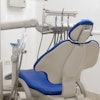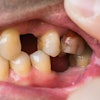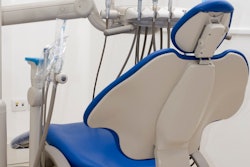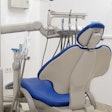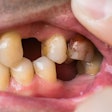
The U.S. National Council on Disability (NCD) on April 5 released its second report that provides insights into addressing the unmet oral healthcare needs of people with intellectual and developmental disabilities (I/DD).
The report, titled "Incentivizing Oral Health Care Providers to Treat Patients with Intellectual and Developmental Disabilities," features data gathered from more than 900 oral healthcare providers. It examines factors and policy incentives that influence providers' decisions to treat or not treat individuals with I/DD and to participate in government programs that provide coverage for dental care for people with I/DD.
The report highlights several key findings, including that Medicare and Medicaid programs do not support dental care for adults with I/DDs. Also, state Medicaid programs are not required under federal law to cover dental services for adults with I/DD.
Existing Medicaid programs serving people with I/DD generally exclude dental services, and dental and medical healthcare systems do not support integrated healthcare models for people with I/DD, the report noted. Moreover, few professional dental education and continuing education programs incorporate integrated healthcare models.
"People with I/DD remain the largest minority population with unmet oral healthcare needs," NCD member Shawn Kennemer said in a press release announcing the report. "To achieve health equality for people with I/DD, policymakers need to examine the shortcomings of current policy against the backdrop of national goals for people with disabilities."
The report delivers recommendations for U.S. Congress, the U.S. Department of Health and Human Services, professional associations, dental schools, and dental professionals. The NCD’s recommendations include a new Medicare program that supports better care at a lower cost for an aging population of adults with I/DD living in noninstitutionalized settings.
“Having such an extensive dataset of providers who have participated in and are familiar with Medicaid was critical to ensure our recommendations to policymakers were valid and achievable,” NCD Chairman Andrés J. Gallegos stated in the press release. “Achieving health is a predicate to achieving so many disability policy goals, and oral health is a predicate to one’s overall health in many instances, making the focus of this report critically important.”
NCD is an independent federal agency that advises the president, Congress, and other federal agencies on disability policy. It has worked on oral health care issues and includes it in its 2022 Health Equity Framework.
